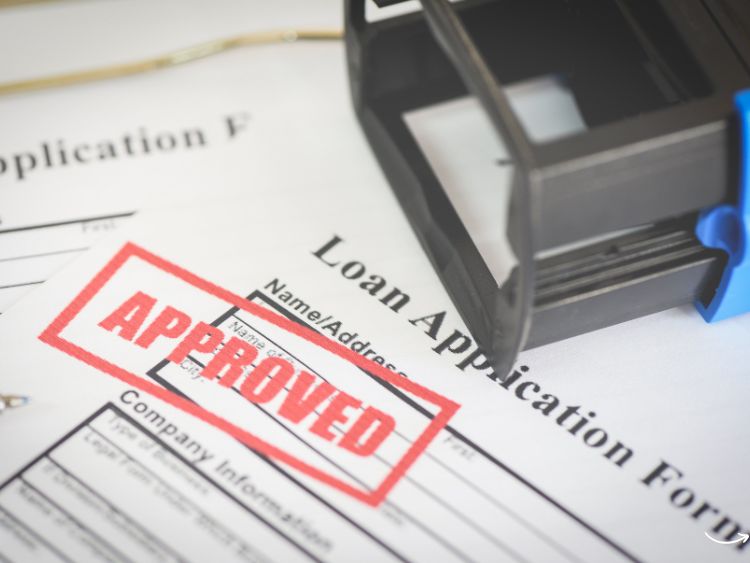In today’s fast-paced world, where financial needs and aspirations are constantly evolving, the concept of a consumer loan plays a pivotal role. Whether you’re looking to buy a new car, remodel your home, or consolidate existing debts, consumer loans offer a flexible financial solution. But what exactly is a consumer loan, and how can it benefit you?
Consumer loans are a fundamental part of modern finance. They provide individuals with the necessary funds to make significant purchases or manage personal finances more effectively. In this article, we’ll delve into the ins and outs of consumer loans, exploring their types, benefits, and considerations. We’ll also answer some common questions to help you navigate the world of consumer lending with confidence.
Understanding Consumer Loans
A consumer loan is a type of loan that individuals can use for personal, family, or household purposes. Unlike business loans, which are specifically designed for commercial purposes, consumer loans cater to the financial needs of individuals. These loans are typically unsecured, meaning they do not require collateral, but some types of consumer loans may be secured by an asset such as a car or home.
Types of Consumer Loans
Consumer loans come in various forms, each tailored to meet different financial needs. Here are some of the most common types:
- Personal Loans
Personal loans are versatile and can be used for various purposes, such as debt consolidation, medical expenses, or even a vacation. They are usually unsecured, meaning you don’t have to put up collateral, but they often come with higher interest rates. - Auto Loans
Planning to buy a new car? An auto loan can help you finance your purchase. These loans are typically secured by the vehicle itself, which means if you default on the loan, the lender can repossess the car. - Home Equity Loans
If you own a home, a home equity loan allows you to borrow against the equity you’ve built up. These loans often come with lower interest rates because they’re secured by your home, but they do carry the risk of foreclosure if you can’t keep up with payments. - Credit Cards
While not a traditional loan, credit cards are a form of consumer credit that allows you to borrow money up to a certain limit. Interest rates on credit cards can be high, so it’s essential to use them wisely. - Student Loans
Education is an investment in your future, and student loans can help cover the costs. These loans are often subsidized by the government, offering lower interest rates and flexible repayment terms.
Benefits of Consumer Loans
Consumer loans offer several advantages that make them an attractive option for individuals looking to manage their finances. Here are some key benefits:
- Flexibility: Consumer loans can be used for a wide range of purposes, from making a large purchase to consolidating debt.
- Access to Funds: They provide quick access to funds, enabling you to meet your financial needs without delay.
- No Collateral Required: Many consumer loans are unsecured, meaning you don’t have to risk your assets.
- Fixed Interest Rates: Some consumer loans come with fixed interest rates, making it easier to budget for monthly payments.
- Credit Building: Successfully managing a consumer loan can help improve your credit score over time.
Considerations Before Taking a Consumer Loan
While consumer loans offer numerous benefits, it’s essential to approach them with caution. Here are some considerations to keep in mind:
- Interest Rates: Interest rates on consumer loans can vary significantly, so it’s crucial to shop around for the best deal.
- Repayment Terms: Understand the repayment terms, including the length of the loan and the monthly payment amount.
- Credit Score Impact: Your credit score will affect your ability to secure a loan and the interest rate you’ll be offered.
- Debt-to-Income Ratio: Lenders will consider your debt-to-income ratio when determining your eligibility for a loan. A high ratio could limit your borrowing options.
How to Apply for a Consumer Loan
Applying for a consumer loan is a straightforward process, but it requires careful preparation. Here’s a step-by-step guide:
- Assess Your Financial Situation
Before applying for a loan, evaluate your financial needs and determine how much you can afford to borrow and repay. - Check Your Credit Score
Your credit score plays a significant role in the approval process. Check your score and take steps to improve it if necessary. - Research Lenders
Shop around for lenders that offer favorable terms. Consider both traditional banks and online lenders. - Gather Documentation
Lenders will require documentation such as proof of income, identification, and details of your existing debts. - Submit Your Application
Complete the application process, providing accurate information to avoid delays. - Review the Loan Agreement
Once approved, carefully review the loan agreement, including the interest rate, repayment schedule, and any fees. - Receive Funds
After signing the agreement, the lender will disburse the funds to your account.
FAQs About Consumer Loans
Q: What is a consumer loan used for?
A: Consumer loans can be used for various personal expenses, including home improvements, medical bills, education, and more.
Q: Is it better to get a secured or unsecured consumer loan?
A: It depends on your financial situation. Secured loans often come with lower interest rates but require collateral. Unsecured loans don’t require collateral but may have higher rates.
Q: How does a consumer loan affect my credit score?
A: Taking out a consumer loan can impact your credit score positively or negatively, depending on how you manage the loan. Timely payments can boost your score, while missed payments can harm it.
Q: Can I pay off a consumer loan early?
A: Yes, many consumer loans allow for early repayment without penalties, but it’s essential to check the terms of your loan agreement.
Q: What happens if I default on a consumer loan?
A: Defaulting on a loan can have serious consequences, including damage to your credit score, legal action, and, in the case of secured loans, the loss of your collateral.
Summary
Consumer loans are a versatile financial tool that can help you achieve your personal goals, whether it’s buying a car, consolidating debt, or funding a major life event. However, it’s essential to approach borrowing with a clear understanding of the terms, potential risks, and long-term financial impact. By doing so, you can make informed decisions that align with your financial goals and ensure a secure and stable future.
Authoritative Links
For more information on consumer loans, you can visit the following resources:
- www.consumerfinance.gov
- www.federalreserve.gov
- www.annualcreditreport.com
- www.myfico.com
- www.nerdwallet.com
This article provides a comprehensive overview of what consumer loans are, their benefits, and considerations. By following these guidelines, you’ll be well-equipped to make informed financial decisions and navigate the world of consumer loans with confidence.



